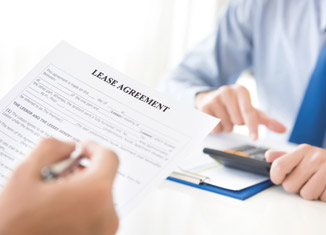Commonhold was introduced in 2004 but despite commonhold models being widespread throughout the world, it has failed to establish itself here, with fewer than 30 commonhold schemes currently existing. The publication of the Commonhold White Paper is the first step towards the government’s aim to make commonhold the default tenure, effectively eradicating leasehold.
The principle is straightforward: flat owners protect their long term interests by becoming freeholders. This allows them to manage properties and shared spaces directly, without the involvement of third party landlords.
If the proposals go ahead, the sale of new build flats on a leasehold structure will be banned, and the commonhold model will instead be mandatory. The government also plans to make it easier for existing leaseholders to convert to commonhold. The current 100% of property owners in a block required to consent for conversion is intended to be reduced to 50%.
Impact on investors
Whilst the government’s reforms aim to give homeowners more control and stability, they will also create challenges. The inevitable rebalancing of power will have a significant impact on developers and investors who have already had to come to terms with the Leasehold Reform (Ground Rent) Act 2022 which abolished ground rents in all new leases, and so removing a key source of income.
Furthermore, the enactment of the Leasehold and Freehold Reform Act 2024 has had the effect of forcing developers to reconsider the parameters of new developments. The Act has increased the 25% upper limit of commercial parts to 50% so that more buildings will afford leaseholders the right to manage their building. That change is also proposed to apply to enable more leaseholders to claim the freehold interest.




















